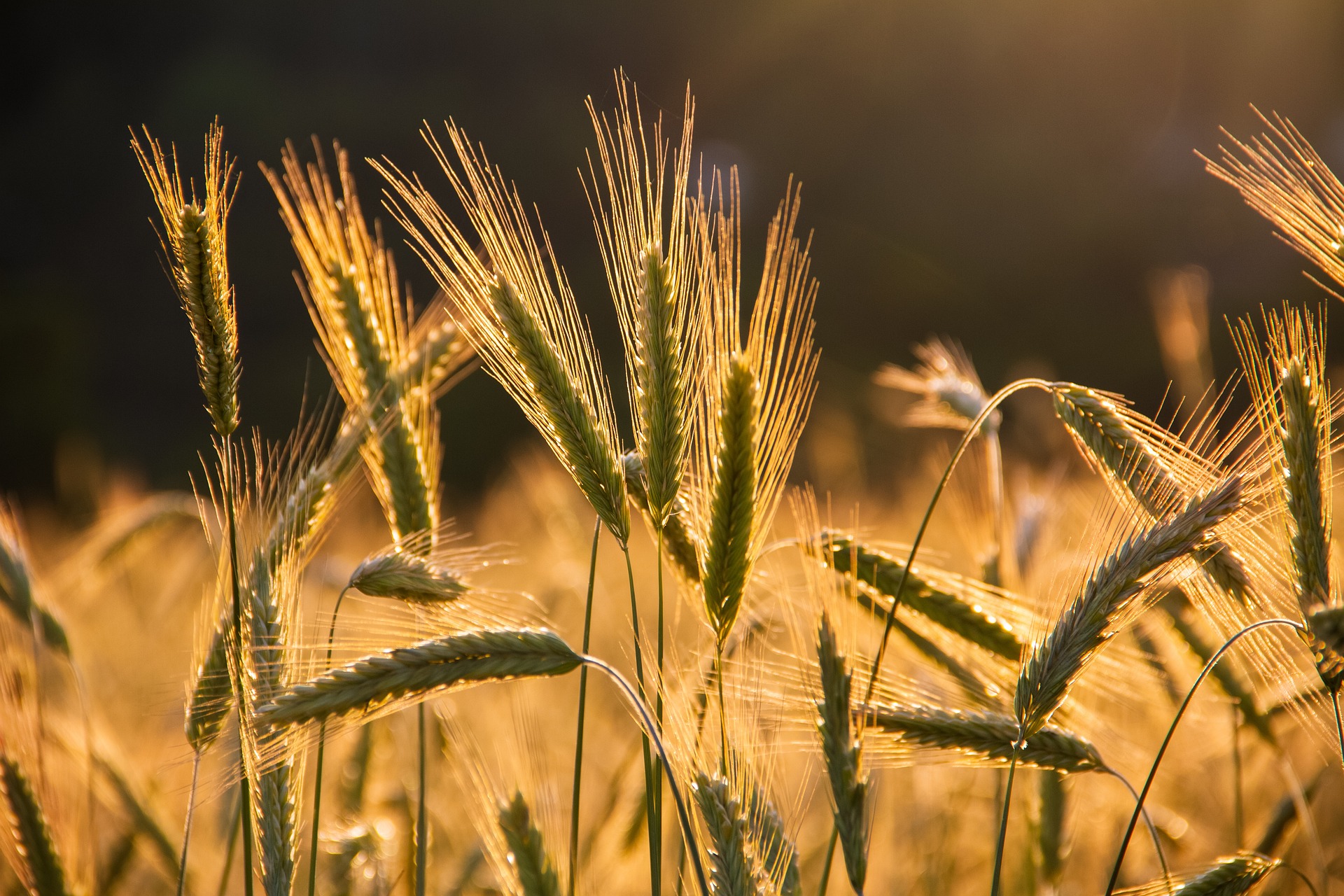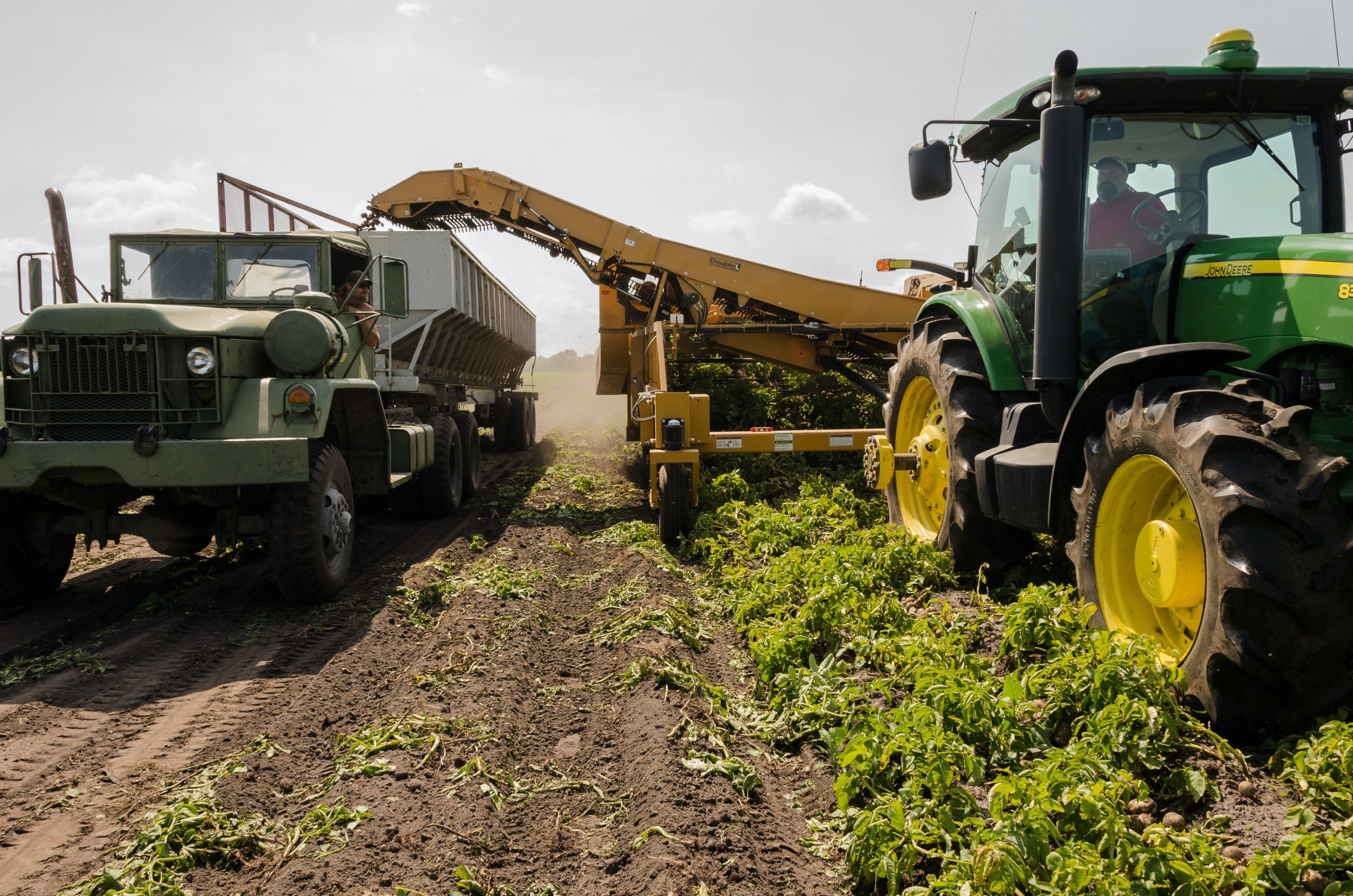
Ukrainian farmers are producing grain at low costs with production practices not used in the EU, and it is entering the region at depressed prices.Continue reading

After Hungary and Poland announced import bans on Ukrainian grain on Saturday, the European Commission responded with threats. Despite warnings that tests have clearly proven the presence of harmful pesticides in Ukrainian grain and complaints from local farmers that cheap imports will destroy Hungarian agriculture, the EU has argued that solidarity with war-torn Ukraine must come first.
Hungary is banning imports of Ukrainian grain, oilseeds, and other agricultural products until June 30 to allow time for a “rethink” of European Union measures that have led to a glut in local markets, Agriculture Minister István Nagy announced on Saturday.
Tariff and quota exemptions for Ukrainian agricultural products have flooded neighboring countries with cheap grain and oilseeds, as well as large quantities of poultry, eggs, and honey, making it “impossible” for farmers in Hungary and other Central European countries to sell their produce, he said.
The agricultural sector expects the European Union to ensure fair market conditions,
the minister added.
Earlier, Nagy accused the EU of standing idly by while Ukrainian grain destined for North Africa and the Middle East through the Solidarity Corridor is stuck in Europe, causing serious market disruptions.
Nagy met his counterparts in Ukraine’s neighboring countries last Friday and said they were in “full agreement” to maintain a united front to press for restrictions on duty-free imports of agricultural products from Ukraine. He called for the reintroduction of quotas on wheat, maize, sunflowers, rape, and soya beans. The ministers are also asking the European Commission to buy unsold cereals grown and stored in member states bordering Ukraine for humanitarian purposes, he added. The ministers will send a joint letter to the European Commission with their latest recommendations and discuss them at the next meeting of the Agriculture and Fisheries Council, Nagy said.
Earlier on Saturday, the Polish government announced a similar ban on Ukrainian agricultural products. Jarosław Kaczyński, the head of Poland’s governing Law and Justice party, said at a party convention in eastern Poland that
the Polish countryside is facing a “moment of crisis,” and that while Poland supports Ukraine, it was forced to act to protect its farmers.
Bulgaria is also preparing to ban the import of Ukrainian grain, Agriculture Minister Yavor Gechev announced on Sunday, according to Euractiv. “Bulgarian interests must also be preserved. Moreover, when two EU countries react in this way, if we do not react similarly, the accumulation (of Ukrainian grain) on Bulgarian territory may become even larger, so we are working on the issue,” Gechev said.
Hungary has raised objections to Ukrainian agricultural products not only because their low price is detrimental to Hungarian farmers, but also because of their quality, for example, the use of pesticides banned in the EU.
According to the European Commission, it was not up to individual member states to make trade policy. “It is important to underline that trade policy is of EU exclusive competence, and therefore, unilateral actions are not acceptable.
In such challenging times, it is crucial to coordinate and align all decisions within the EU,”
its spokesperson said in a statement to Reuters. According to the news agency, Polish government spokesman Piotr Muller said that the government was in constant contact with the European Commission about the issue and that the ban was possible due to a security clause. Ukraine’s farm minister Mykola Solsky talked to his Hungarian counterpart Nagy on Sunday and emphasized that unilateral decisions were unacceptable, the Ukrainian farm ministry revealed in a statement. The two agreed to talk again soon, the statement said, according to the article.
Featured photo via Pexels